(Joe Chelliah)
The human mind is truly a most
amazing thing. It’s learning capacity and even its re-learning capability is
almost without limits. A human being learns to react and interact with the
environment from the very day of birth itself. Call it social or cultural conditioning if you
so desire but what the immediate environment does to the mind makes a huge
difference. Under most circumstances, it
starts from the home and parental and family influences. That is why how one
interacts with the environment depends almost solely upon the individual’s earliest
experiences at home.
There is an Indian / Sanskrit
saying that goes like this – “Matha, Pitha Guru Theivam” which simply means
mother, father, teacher and then only God. This is the order of reverence for a human being resulting
in the ultimate understanding of God. It is only through the mother first and then
through the father that we get connected with God and in the earlier stages of
life. The environment is not mentioned in this philosophy as much although we also
learn through imitation of what others do which is what social conditioning is
all about. Eating with fingers or chopsticks or using the fork and spoon are
early manifestations of this phenomenon.
In the Malay language there is a
term that would rile up even the meekest Malay to get real mad if someone says
to him/her “kurang ajar”. This literally
means and implies that the person it is addressed to has not been well taught
and by implication it is a direct insult to his/her parents. Even in English
the terms “badly / wrongly” brought up” is no compliment and again reflects on
one’s parents but it is not really as biting as the “kurang ajar” label.
In older times parents and elders
were looked up to for knowledge and wisdom for guidance to succeed in almost
any aspect of life right from traditional skills for survival such as hunting. With the advent of formal education this social process at home has been very much
lessened in function as well as importance. Yet, it is seldom realized that an
average child spends only a few hours at school and the rest of the time
“outside” the school and mostly at home. Thus in the first few years of the child he/she
is “indoctrinated” on how to speak/talk, behave and socialize. This would
include language, body language, social manners and mannerisms besides
religious orientation. That is why I
always say I am not proud to be an Indian simply because I had no choice
in the matter. What if I was born as in Denmark or England or in Timbuktu
or in the mountains of Afghanistan?
Therefore, although we are all conditioned
to learn until we breathe our last breath, this seldom is the case. Why is this so? Essentially, the human mind
is also conditioned to be mentally and physically free and unrestrained and resultantly
any form of restriction is most often resented. Try hugging a baby for more
than say fifteen seconds. After a few
seconds of initial satisfaction from the hug and the resultant burst of
endorphins in the brain, the child clearly begins to show its dissatisfaction
at being restrained in this way. Similarly, the child would also resent any
correction of any of its behavior which it had learnt before whether correctly
or wrongly. Behavioral modification
was quite easy to do even via a simple advice or reprimand and sometimes even
with a threat of a light beating. “Spare
the rod and spoil the child” is a common saying in English. The Holy Quran too
recommends light beating of the child to correct perceived misbehavior.
Today, what I see in almost
everyone from children to the younger generation folks is that they resent any form of
correction or even a suggestion to change a behavior. It could even be
something against the law or a societal norm.
In short, our modern society has become quite an unteachable lot. No one wants to be taught or corrected for that
matter – even school kids mind you.
When I was a schoolboy in the
1950’s the school had a free hand to discipline me in whatever way the teachers
saw fit. Being a naughty chap I was physically "abused" by my teachers
as they would say these days. I followed similar disciplining methods when I became a teacher myself later
in the 1960’s and 1970’s. Many of my ex-students who are now nearing senior
citizens status would attest to my slapping them around for even small offences
like eating sweets in the classroom.
Teachers of the time were fully sanctioned as discipline masters by none
other than parents themselves.
If a parent just hears that his son was whacked by the teacher, the
child would get another beating at home.
But times have changed and a new word has entered our vocabulary – child abuse. This is an idea that was introduced from the West principally from USA and is now being increasingly adopted in toto by developing countries like Malaysia. USA is already paying heavily for such lax of disciplining their young and we too are getting there.
But times have changed and a new word has entered our vocabulary – child abuse. This is an idea that was introduced from the West principally from USA and is now being increasingly adopted in toto by developing countries like Malaysia. USA is already paying heavily for such lax of disciplining their young and we too are getting there.
In Malaysia the common term “kena sound” or “kena menegur”” in Malay means that someone had been advised or told off by someone older or in authority for a wrong or breach of something. It could have even been a boss advising his worker or a senior citizen telling somebody off for say jumping queue at the post office or ATM. There have been instances where school teachers and even headmasters have been punched by parents not so long ago – their crime was simply in disciplining children at school. I hear less of such instances now. Because of such change of parental attitudes classroom teachers today have let problematic kids alone and as a direct consequence, have allowed general school discipline to slide and go to the dogs these days. These same “kids” then become adults and join society at large with a feeling that no one is qualified to discipline them…..even the police for a criminal offence. Mat Rempits have even been known to have attacked police stations.
In short, we may have become a
society of untouchables and unteachables…..because of our new-found rangi or thimuru” as the Indians would say.




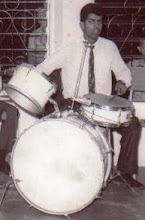

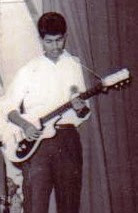


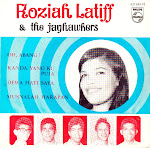



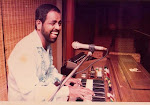

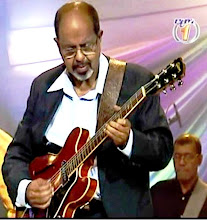


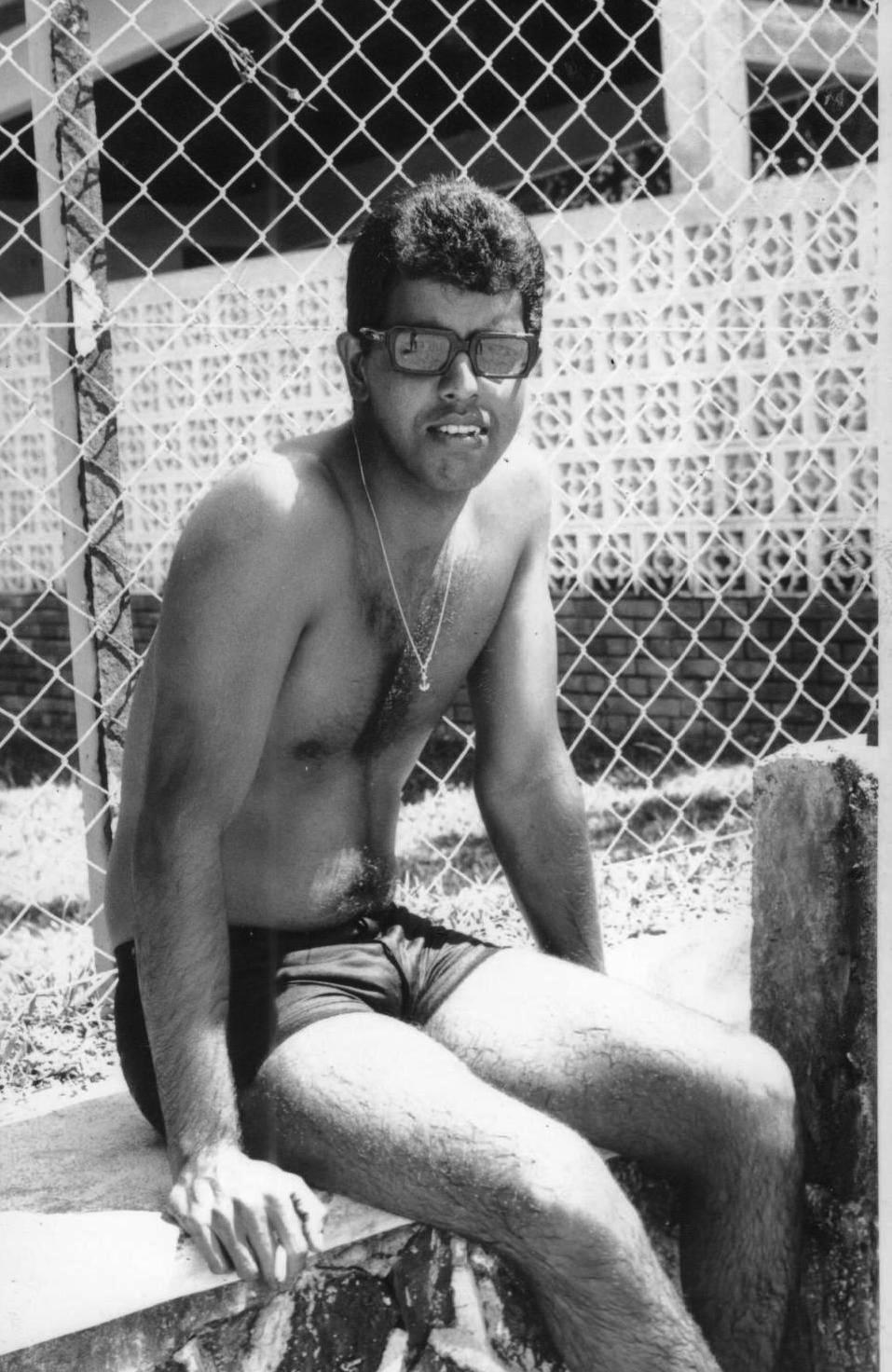
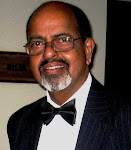


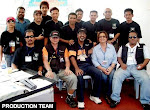
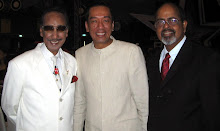

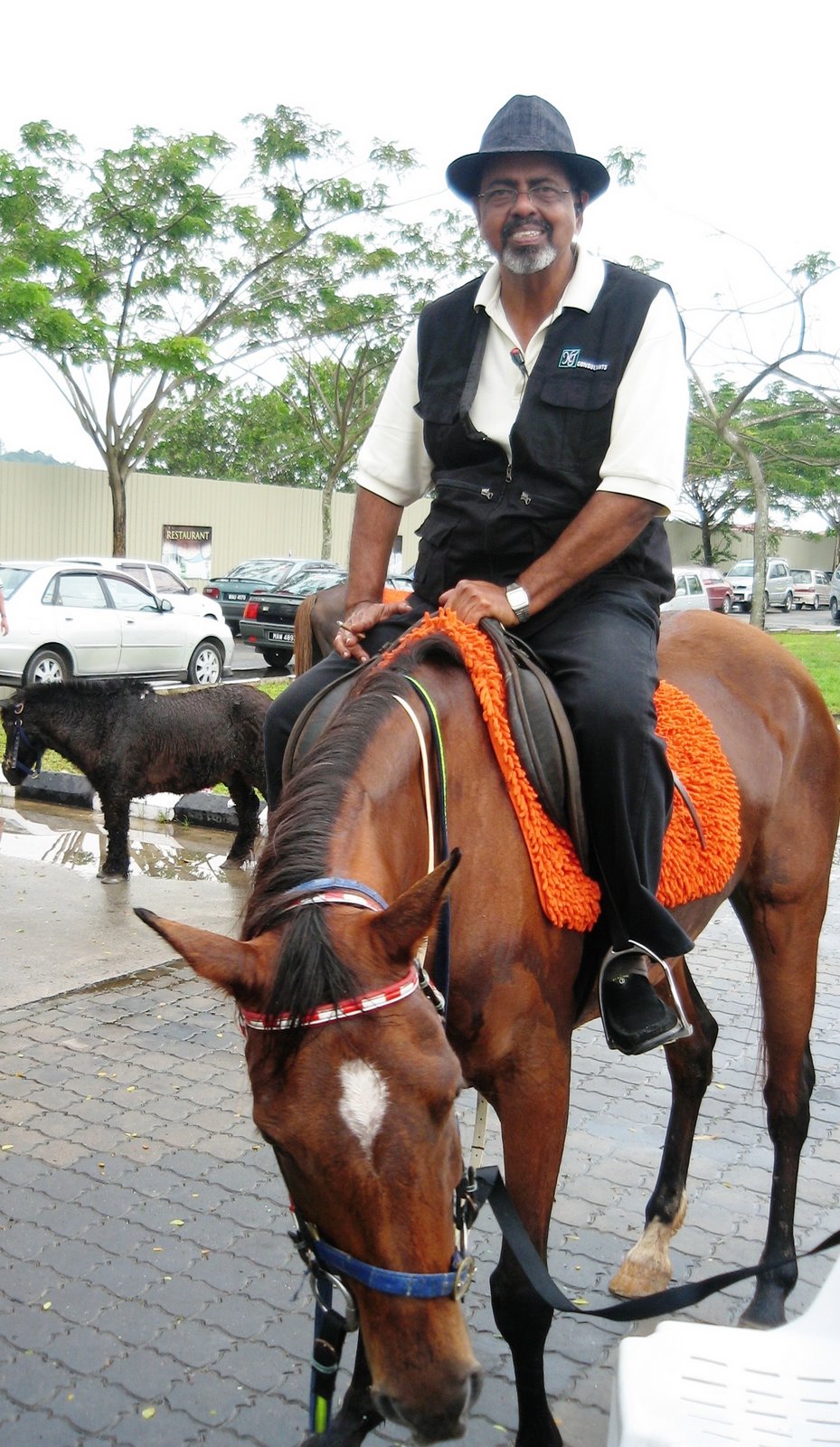







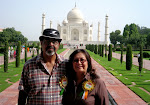



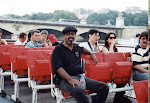

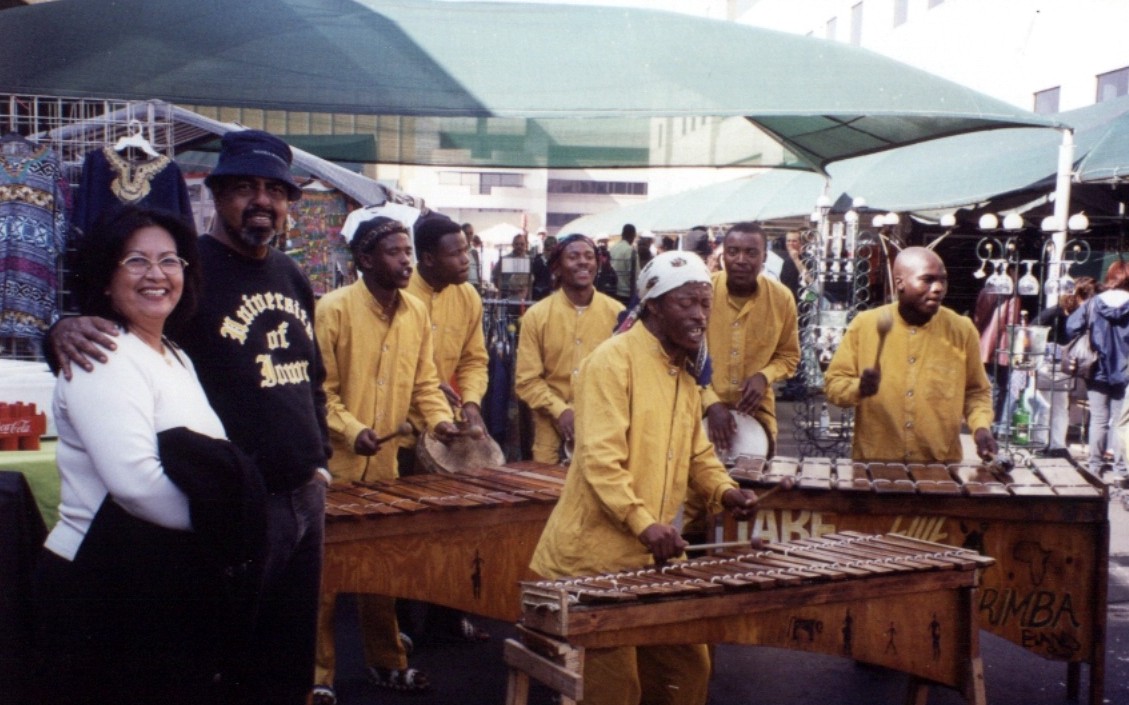

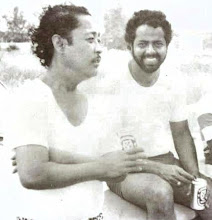
No comments:
Post a Comment